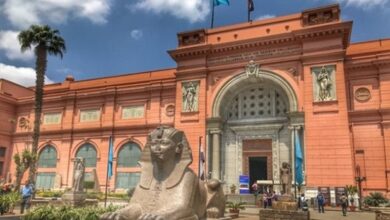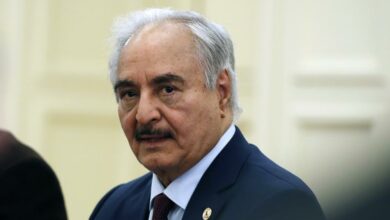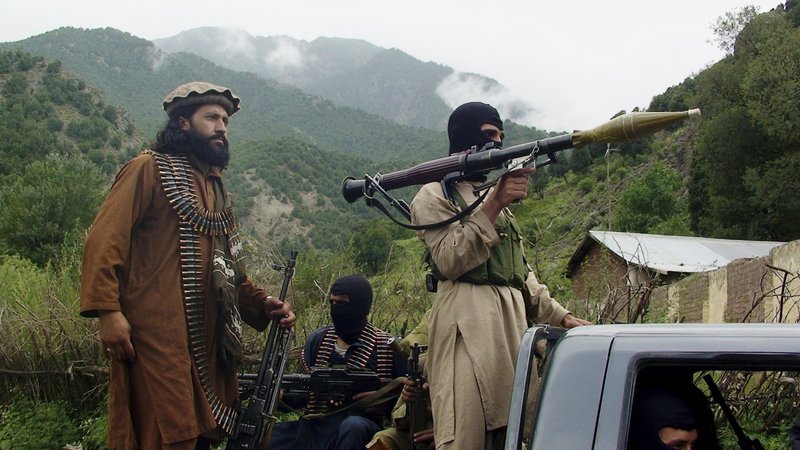As the sit-in in Tahrir Square is about to enter its fourth week, pundits and activists cast doubt over its effectiveness and some argue it should be halted.
Despite the month's unbearable heat, thousands have been camping in plastic and cloth tents since 8 July to pressure the Supreme Council of the Armed Forces (SCAF) to bring to justice to suspects implicated in the killing of at least 846 people during the revolution. With metal barracks and checkpoints, demonstrators have blocked traffic through one of Cairo’s most vital squares.
Yet in recent days, the turnout has dropped.
“People are fed up with the sit-in and the square is already empty [of demonstrators] but full of street vendors,” said Zeinab Abul Magd, assistant professor of Middle East history at Oberlin College in the United States. “All this tarnishes the image of the revolutionaries and makes people lose sympathy with them.”
The sit-in has become "useless" and should be halted, according to Abul Magd.
“It has been proven that the sit-in is not the tool we need in managing the conflict with the Supreme Council of the Armed Forces," she said.
Throughout the last three weeks, the military council and interim government have taken a number of measures to contain the protest, including a cabinet reshuffle, freeing the case loads of judges so they can look into cases of accused murderers of revolution victims, airing trials of former regime leaders on television and sending policemen implicated in protesters' deaths into early retirement.
Yet revolutionary forces did not see any of these measures as genuine concessions and instead have perceived the incremental reforms as falling short of the total upheaval they believe is needed.
“We should be creative and come up with other tools to manage the conflict,” said Abul Magd.
Some other pundits and activists say revolutionary groups should divert their attention from Tahrir and concentrate on more strategic fights.
In his column in the privately-owned daily Al-Shorouk, left-leaning political analyst Mostafa Kamel al-Sayyed called earlier this week for the suspension of the sit-in, urging pro-democracy activists to devote their efforts to upcoming parliamentary elections to ensure that the new legislature will not be hijacked by Mubarak loyalists or Islamist forces.
“A lot of forces that belong to the January revolution insist on pursuing a sit-in that has no clear objectives and a weak turnout, whereas political developments are moving toward establishing a regime that would totally contradict what the January revolution had called for,” wrote Sayyed.
The November poll will likely significantly influence the country's development, as the new parliament is tasked with electing a constituent assembly to draft the new constitution. Secular, pro-democratic groups worry that the remnants of Mubarak’s regime and Islamists, whose stance on democracy remains ambiguous, will dominate the new parliament and control the drafting of the new constitution.
Last week, the SCAF announced the final version of the amended parliamentary elections law. The modified version mixes two electoral systems, with half the country's constituencies to elect single-winner candidates and the other half to elect lawmakers based on a list-based system.
Twenty-eight political parties oppose the new legislation, insisting that Egypt use a solely list-based candidacy system.
Some observers have argued that this mixed system would benefit the remnants of Hosni Mubarak’s dissolved National Democratic Party, which could run independent candidates for single-winner seats, and the Muslim Brotherhood, which would likely be the most successful party among the list-based constituencies.
In recent months, Islamists and secularists have butted heads over the position religion will assume in the new political order. Islamists have called for a million-man protest on Friday to oppose what they say are secular attempts to instate an non-Islamic order.
Nasser Abdel Hamid, a representative of the 25 January Revolution Youth Coalition, agrees with Sayyed on the necessity of focusing on the upcoming vote.
“All youths and all political forces should coordinate among themselves and concentrate on the elections,” said Abdel Hamid.
If pro-democracy forces are not well represented in the next parliament, “the revolution will be completely over,” he said.
Although Abdel Hamid’s group is still endorsing the sit-in, he acknowledged it has become weaker and should have been halted earlier.
“The sit-in is a pressure card that we should preserve and not burn,” he said. “It should last as long as it is strong; it should be halted when it is still strong.”
These views are not very popular among those still camping in Tahrir Square.
“Why would the sit-in be halted?” wondered Malek Mostafa, a 29-year-old activist participating in the sit-in. “Up until now, no real demands have been met.”
The 29-year-old human rights advocate contends that the sit-in should remain in place until murderers who killed martyrs are brought to justice and martyrs’ families feel satisfied.
He accused forces that call for devoting attention to elections of being driven by a desire to achieve “ideological” and “political” gains.
“The revolution is made for the people and not for politicians who seek certain gains,” said Mostafa. “I will never forget people’s blood or injuries.”
Last week, Tahrir protesters have sought to mount pressure on the military. Thousands marched to the Defense Ministry on the occasion of the 59th anniversary of the military coup that ousted the monarchy and established a resiliently authoritarian military rule.
On their way, protesters chanted slogans against the military. As soon as they reached Abasseyya, few miles away from the ministry, they were cordoned by thugs and angry residents who threw stones and Molotov cocktails.
Although most political forces opposed the march, they denounced the use of violence against protesters and asked for an investigation of the incident. They held that the military should have protected the protest and contained the violence.
“The SCAF performance has been very bad,” said Mostafa. “This council has been selected by Mubarak. We accepted it because we trusted it but it has betrayed that trust over and over.”




